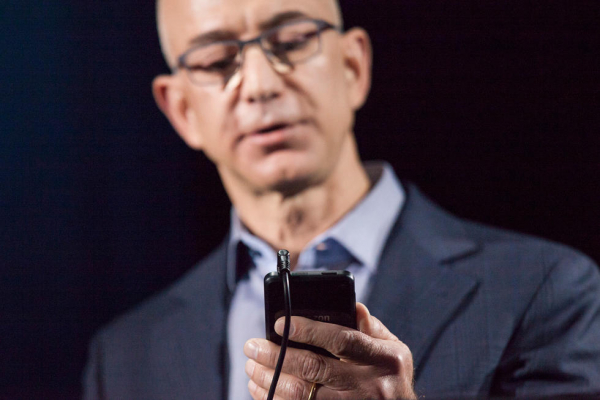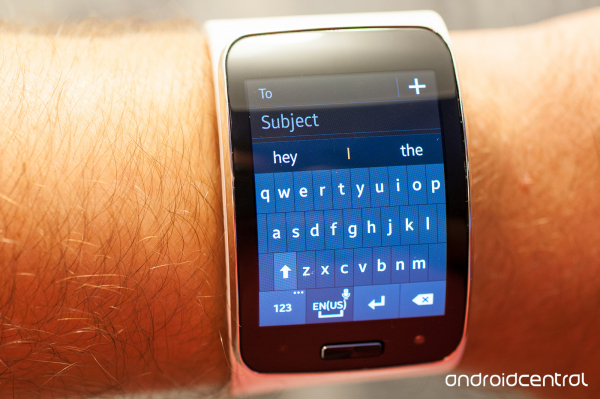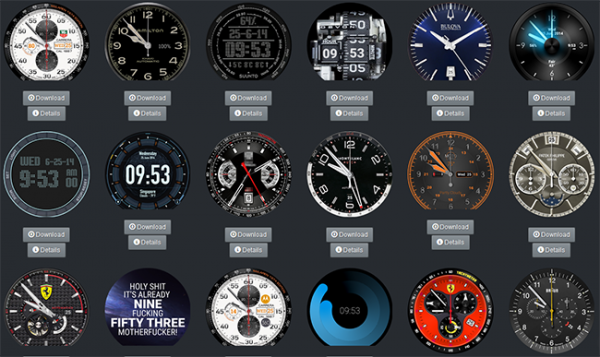Ben Bajarin on two possible scenarios for the upcoming smart watch market.
Scenario #1:
Apple had a near monopoly on the iPod/MP3 market. We can see a similar scenario playing out where Apple effectively “iPods” the smart watch category, maintaining dominant share over the next five to seven years. While the early success of the iPod was driven by Apple releasing iTunes for Windows, we don’t see the need for Apple to support other platforms in order to hold sway over the smart watch category. Apple’s existing iPhone customer base is large enough to keep it the foremost smart watch vendor and their smart watch platform as the reigning one in the smart watch category.
Scenario #2:
Another possible scenario is the smart watch category shapes up very much like the smart phone category. Apple succeeds at their goal to acquire the top 20% of the market and rake in the majority of the profits. While Android Wear, or another third party licensable smart watch OS, provides the software platform to the vast majority of hardware companies making smart watches.
In this scenario, the vast majority of Chinese and Hong Kong produced smart watches adopt Android Wear (or something else) and flood the market with very low cost smart watches. Also in this scenario, Swiss watch makers competing in the sub $1000 watch market start making smart watches because Apple Watch cannibalized nearly all the sales of Swiss-made watches in that price range.
I think Apple Watch will take 3-4 years to become a mainstream hit, but I don't think it'll be as huge as the iPod because it's currently designed to only work with iPhones. (Maybe in a decade we'll see Apple Watch mature into a legit standalone device, but let's not get ahead of ourselves.)
My big question is: will Android Wear ever appeal to enough women to become mainstream? I just can't imagine women buying into low-cost smartwatches. Well, maybe fitness bands. But most mainstream women don't wear fitness bands all day.
Either way, I'm bullish on smartwatches as a category and I'm bullish on Apple becoming the leader. Recruiting and convincing all of the right people in fashion, fitness, and medical industries will make all the difference.


